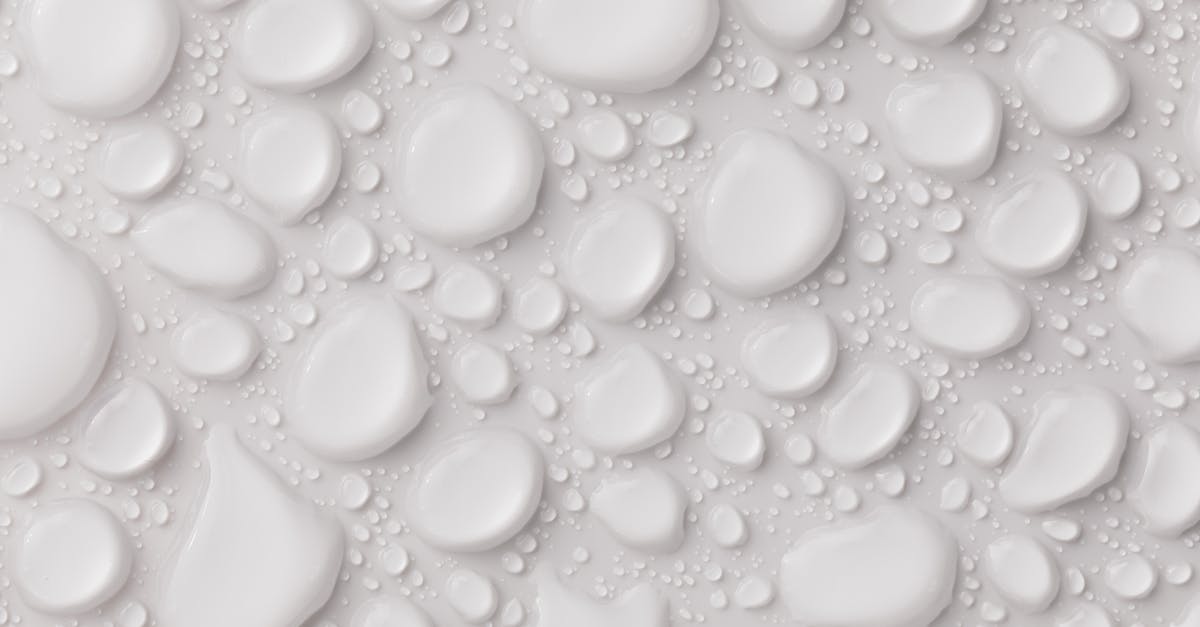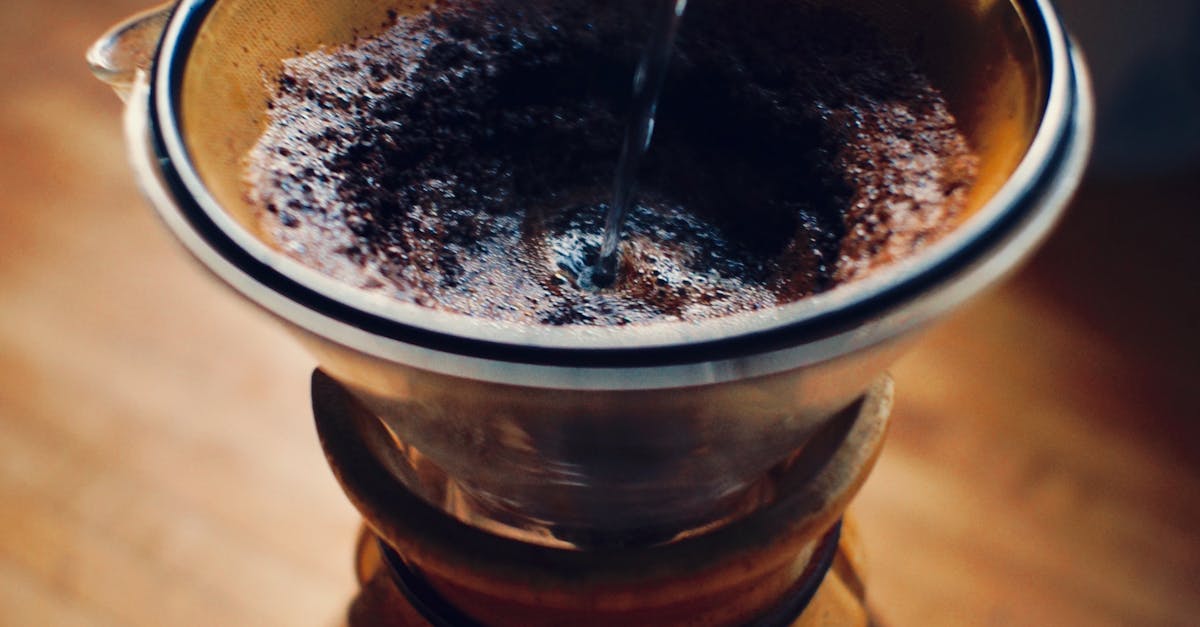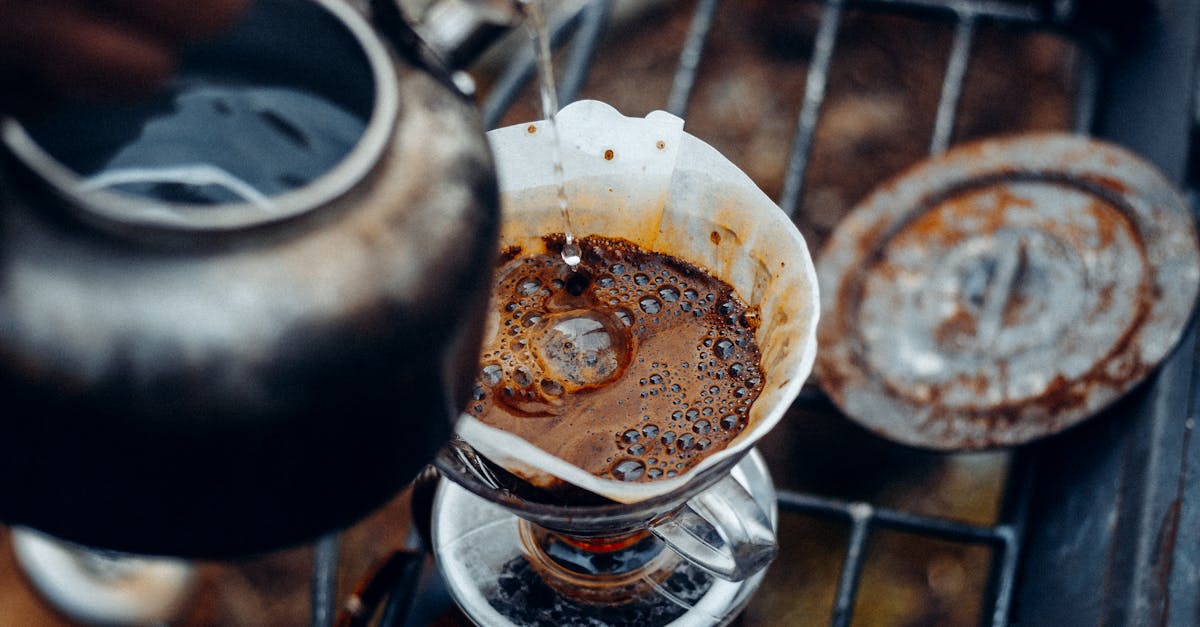
Table Of Contents
Steps to Diagnose the Overflow Issue
Diagnosing a hot water system leaking from the overflow involves careful observation and basic checks. Begin by inspecting the overflow pipe, usually located near the top of the tank. A consistent trickle or pooling water around this area often indicates a problem. Additionally, check for fluctuations in water temperature, as this can signal internal issues within the hot water tank. Implementing proper hot water system leak detection techniques can help identify the source of the problem more efficiently.
Next, examine the pressure relief valve, which plays a crucial role in maintaining optimal pressure within the tank. A malfunctioning valve can lead to excess pressure, causing the overflow to leak. Look for signs of wear or corrosion, as these can contribute to valve failure. Testing the temperature and pressure relief valve periodically is essential in maintaining the efficiency of your hot water system, potentially preventing larger leaks in the future.
Essential Checks to Pinpoint the Problem
To begin addressing a hot water system leak, it's important to conduct a visual inspection of the tank and surrounding areas. Look for any visible signs of water pooling, damp spots, or corrosion. The temperature and pressure relief valve may also contribute to leakage if it is faulty or misconfigured. Checking the valve for any signs of damage or excessive moisture can provide insights into potential issues. Hot water system leak detection can often reveal the source of the problem early, preventing further damage.
Next, evaluate the pressure settings on the system. If the pressure is too high, it can cause the overflow pipe to release excess water. Use a pressure gauge to verify that the settings are within recommended limits. Additionally, inspect the joints and fittings for any wear or deterioration. A faulty connection can lead to leaks, which might be mistaken for an overflow issue. Identifying these factors can help narrow down the cause and simplify the troubleshooting process.
Temporary Solutions for Leaking Systems
If you find your hot water system leaking from the overflow, acting quickly can save you from further damage. One immediate solution is to turn off the power supply to the system. This ensures safety while you assess the situation. You might also want to shut off the water supply to contain the leak. Doing this can prevent any additional water from entering the system and potentially causing more extensive issues.
In the meantime, consider placing a bucket or container under the leak to catch any dripping water. This helps minimize water damage to your property. If you have already performed some basic hot water system leak detection and identified a minor issue, using waterproof tape temporarily can sometimes provide a quick fix. While these are short-term measures, it's essential to keep monitoring the leak until a professional can evaluate and address the underlying problem effectively.
Quick Fixes Until a Professional Arrives
If you discover a leak from your hot water system, immediate action can help prevent further damage. Start by turning off the power or gas supply to the system. This step ensures safety while you assess the issue. Next, locate the main shut-off valve for the water supply and close it to halt any excess water flow. Inspect the area surrounding the unit for any visible signs of leaking, such as worn-out fittings or corrosion. Keeping a towel handy can help manage any excess moisture.
In some cases, using a bucket to catch drips may provide temporary relief until professional help arrives. If you notice minor leaks at connections, tightening those fittings with a wrench might resolve the issue. Regularly check your water pressure; high pressure can lead to increased strain on your system, potentially causing leaks. For those unsure about severity, consider a quick online search for "Hot Water System Leak Detection" techniques, which can provide more detailed insights. Be cautious not to undertake repairs that could worsen the situation.
When to Seek Professional Help
When a hot water system experiences consistent leaking from the overflow, it may be time to consider professional intervention. Certain symptoms, such as a significant increase in water bills or the appearance of mold and mildew around the system, indicate that the problem is worsening. Homeowners best ensure their safety and the integrity of their plumbing by engaging experts in Hot Water System Leak Detection.
In some cases, the source of the leak may be complex. Professional plumbers possess the experience needed to accurately assess and diagnose the issue, preventing further damage to the system. They will identify any underlying problems not immediately visible and offer solutions tailored to specific needs, ensuring your hot water system functions effectively and safely for years to come.
Determining the Right Time to Call an Expert
Noticing a continuous leak from your hot water system can be frustrating and may indicate an underlying issue that requires professional expertise. If you have tried basic troubleshooting without success, it's time to consider contacting an expert. This is especially crucial if you observe signs of water damage in surrounding areas or if the leaking intensifies. An experienced technician will have the necessary tools for hot water system leak detection, allowing them to pinpoint the problem effectively and implement a lasting solution.
Additionally, if your system is showing signs of rust or corrosion, addressing these issues early can prevent further damage. Waiting too long can lead to more extensive repairs, which may be costlier in the long run. Safety is another important factor; if you notice any unusual sounds or changes to the system's function, calling a professional should be a priority. An expert not only brings knowledge but also ensures that repairs are conducted properly, safeguarding your home and ensuring the efficiency of your hot water system.
FAQS
What causes a hot water system to leak from the overflow?
A hot water system may leak from the overflow due to excessive pressure buildup, a faulty thermostat, a malfunctioning pressure relief valve, or sediment buildup in the tank.
How can I diagnose the overflow issue in my hot water system?
To diagnose the overflow issue, check the pressure relief valve for leaks, inspect the thermostat settings, and examine the tank for signs of corrosion or sediment buildup.
What are some temporary solutions for a leaking hot water system?
Temporary solutions include turning off the cold water supply to the heater, draining some water to relieve pressure, and using a bucket to collect any leaking water until a professional can assess the situation.
When should I call a professional to fix my leaking hot water system?
You should call a professional if the leak persists after attempting temporary fixes, if you notice significant water damage, or if you are unsure about diagnosing or repairing the system yourself.
Can I fix a leaking hot water system myself?
While some minor issues can be addressed with basic tools and knowledge, it's recommended to seek professional help for more complicated problems or if you're unsure about the repairs.





























